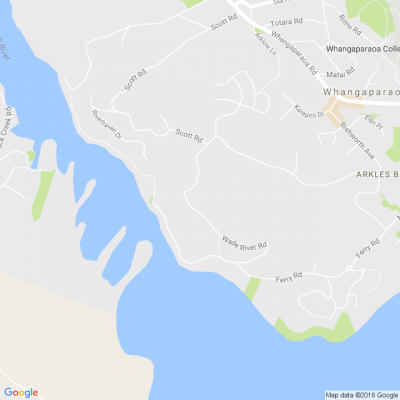Deirdre’s Cheese Puffs
Deirdre loves cooking and enjoys teaching kids about food - something she does three times at week at the Busy Bees Kindergarten in Havelock North. We spoke to her while she whipped up a batch of cheese puffs in her townhouse at James Wattie Village.
Watch her journey of teaching, retirement and still working. Plus, we’ve included the recipe to her cheese puffs which were gobbled up by our camera crew because they’re delicious!
Click read more for the full recipe.

Animal Abuser
🚨 URGENT WARNING TO ALL LOST & FOUND / PET REHOMING PAGES 🚨 and people rehoming pets or reporting lost animals.
It has come to our attention that a long-term, repeat animal abuser is still actively obtaining animals through Facebook groups.
The type of animal does not matter — birds, livestock, dogs, small pets — anything he can access.
He monitors rehoming pages. He approaches people offering “help.” He presents as reasonable. He will say the right things.
Do not give this person any animals under any circumstances.
If you are an admin of a lost & found page, a community group, or a pet rehoming group:
• Please stay vigilant
• Check profiles carefully
• Share this warning across your networks
Animals have already paid the price for people not knowing.
If you are unsure about someone requesting an animal, ask rescue groups to help.
Some Choice News!
DOC is rolling out a new tool to help figure out what to tackle first when it comes to protecting our threatened species and the things putting them at risk.
Why does this matter? As Nikki Macdonald from The Post points out, we’re a country with around 4,400 threatened species. With limited time and funding, conservation has always meant making tough calls about what gets attention first.
For the first time, DOC has put real numbers around what it would take to do everything needed to properly safeguard our unique natural environment. The new BioInvest tool shows the scale of the challenge: 310,177 actions across 28,007 sites.
Now that we can see the full picture, it brings the big question into focus: how much do we, as Kiwis, truly value protecting nature — and what are we prepared to invest to make it happen?
We hope this brings a smile!

Have you got New Zealand's best shed? Show us and win!
Once again, Resene and NZ Gardener are on the hunt for New Zealand’s best shed! Send in the photos and the stories behind your man caves, she sheds, clever upcycled spaces, potty potting sheds and colourful chicken coops. The Resene Shed of the Year 2026 winner receives $1000 Resene ColorShop voucher, a $908 large Vegepod Starter Pack and a one-year subscription to NZ Gardener. To enter, tell us in writing (no more than 500 words) why your garden shed is New Zealand’s best, and send up to five high-quality photos by email to mailbox@nzgardener.co.nz. Entries close February 23, 2026.







 Loading…
Loading…








